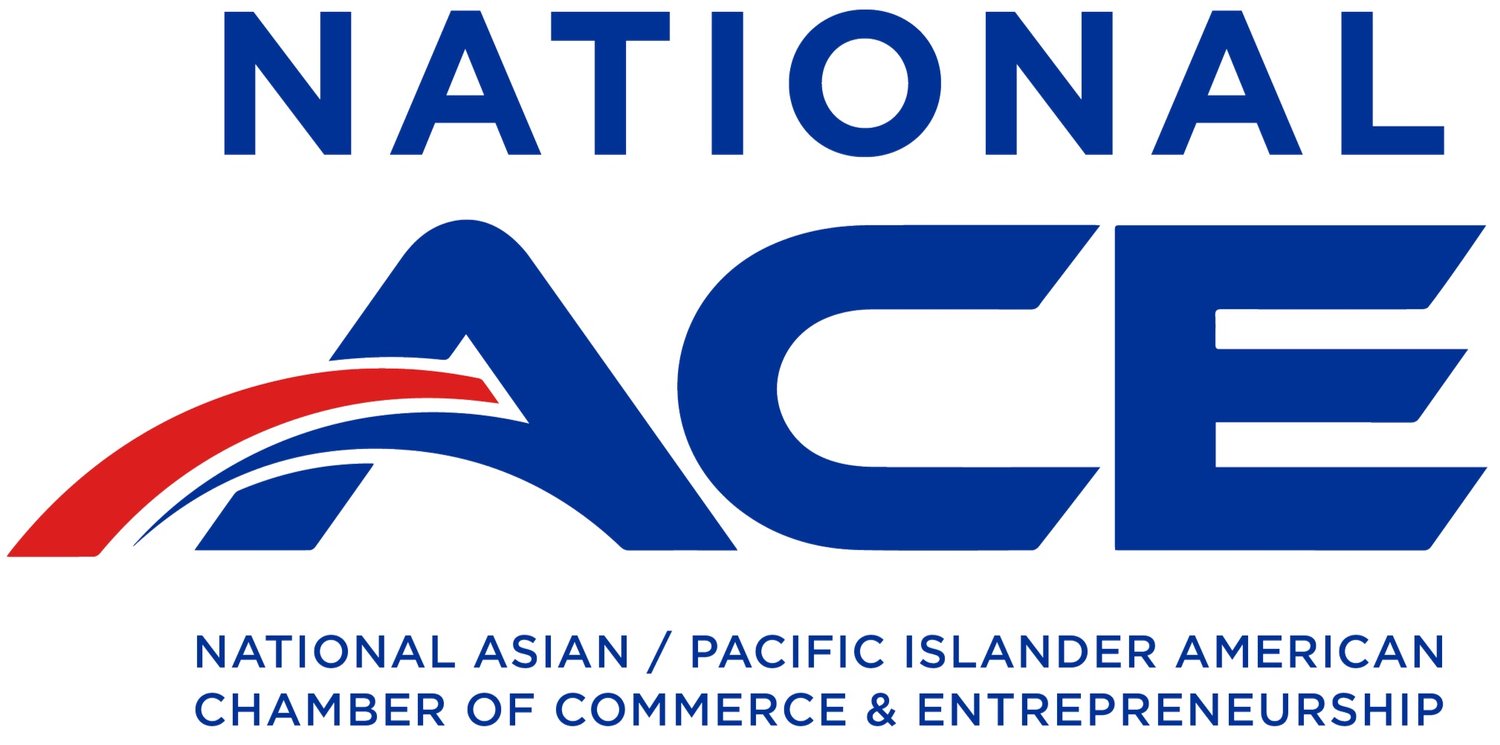LA Roundtable Press Release
FOR IMMEDIATE RELEASE
July 18, 2022
ASIAN AMERICAN & PACIFIC ISLANDER SMALL BUSINESS OWNERS MEET WITH GOVERNMENT OFFICIALS IN LOS ANGELES TO DISCUSS THE STATE AND FUTURE OF AAPI BUSINESSES
[July 18, 2022 Los Angeles, California] – The National Asian/Pacific Islander American Chamber of Commerce and Entrepreneurship (National ACE), alongside affiliate partner, Asian Business Association Los Angeles (ABALA) hosted an AAPISTRONG Small Business Roundtable for Asian American and Pacific Islander (AAPI) small business owners to discuss the current state of business in Los Angeles.
The AAPISTRONG Small Business Roundtable is an open forum for AAPI small business owners in the United States to connect with policymakers, corporate partners, and community members to find solutions for the barriers facing diverse-owned small businesses today. The Los Angeles event is National ACE’s twelfth roundtable this year. Hosted at the Rosemead College, participants discussed the unique challenges facing Los Angeles residents and small business owners. The conversation explored staffing shortages, supply chain disruptions, pivoting entire industries, and moving business online.
Small business owner, Kei Okumura, shared that “staffing and wages have increased tremendously. People are used to getting a lot of funding at home, dishwashers are $17 or $18 an hour where a sous chef would get that rate before. Many people don't want to get back into the kitchen because of the mental stress. It's so difficult to maintain and hire people who are good. They aren't excited to work. My wheat price went up 40% since January. Wholesale supply has a trickle down effect on restaurants.”
As the pandemic continues, small business owners share how their lives have changed. Kenny Chung, a landlord and the owner of Happy Buddha Kitchen, said: "Coming from a landlord perspective, Covid-19 was a challenging time, but it brought us close to our tenants. Everyone had to stick together. I've been chatting with our restaurant tenants. I spent time figuring out grants and things I could get them to apply for. RRF didn't trickle down to the women and minority owned businesses. We’re still waiting. I got into the restaurant business because the tenant couldn't hang on.”
Joining AAPI entrepreneurs at the event were Emma Maxey, Outreach & Marketing Specialist, U.S. Small Business Administration; Benjamin Kim, City Manager, City of Rosemead; and Garrett Gin, Bank of America, National ACE Boardmember.
“Our business community continues to face many challenges. Asian American and Pacific Islander small business owners have battled both COVID-19 and a sharp spike in discrimination and violence. Our policymakers play a significant role in protecting our community, allowing our small businesses to operate safely, and creating prosperity,” said National ACE President and CEO, Chiling Tong. “This conversation will help policymakers to understand the unmet needs of our community so we can find solutions.”
###
About National ACE:
National ACE’s mission is to serve as a strong advocate of AAPI business interests and positive change on all issues that enhance and advance the goals and aspirations of AAPI business owners, entrepreneurs, and corporate leaders. National ACE strives to do this through supporting and promoting issues that impact the AAPI business community, improving the economic development and economic impact of the AAPI community, advancing coalitions and enhancing community building, and fostering the next generation of AAPI entrepreneurs and executives. National ACE provides a unified voice for the business interests of AAPIs nationally. Learn more at www.nationalace.org or www.aapistrong.com.
About Asian Business Association Los Angeles:
Asian Business Association (ABA) is a non-profit membership based organization that has been proactively assisting Asian American small businesses to gain access to economic opportunities and advancement.The Asian Business Association represents Asian American business owners, and creates business opportunities for its members and their diverse communities.


